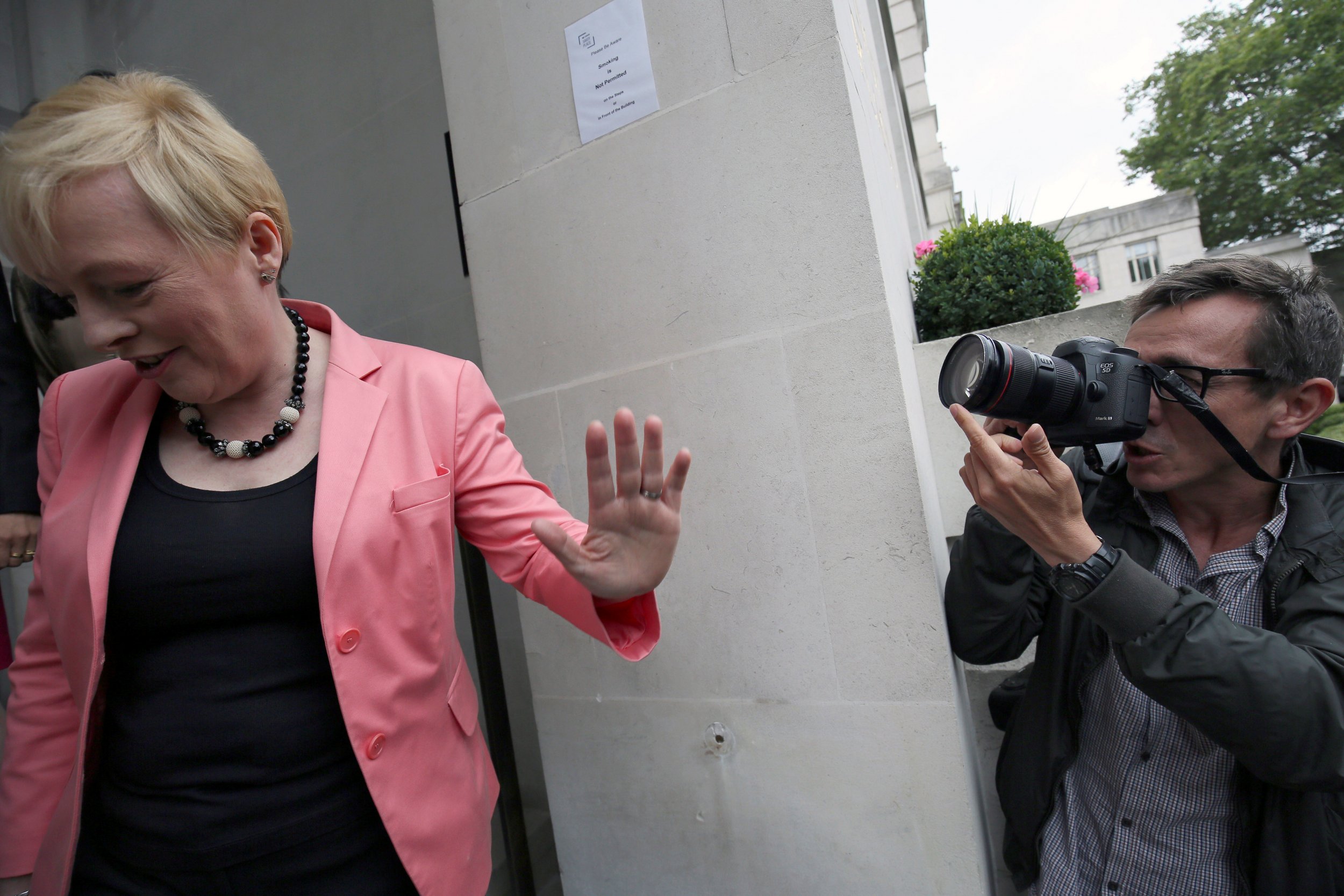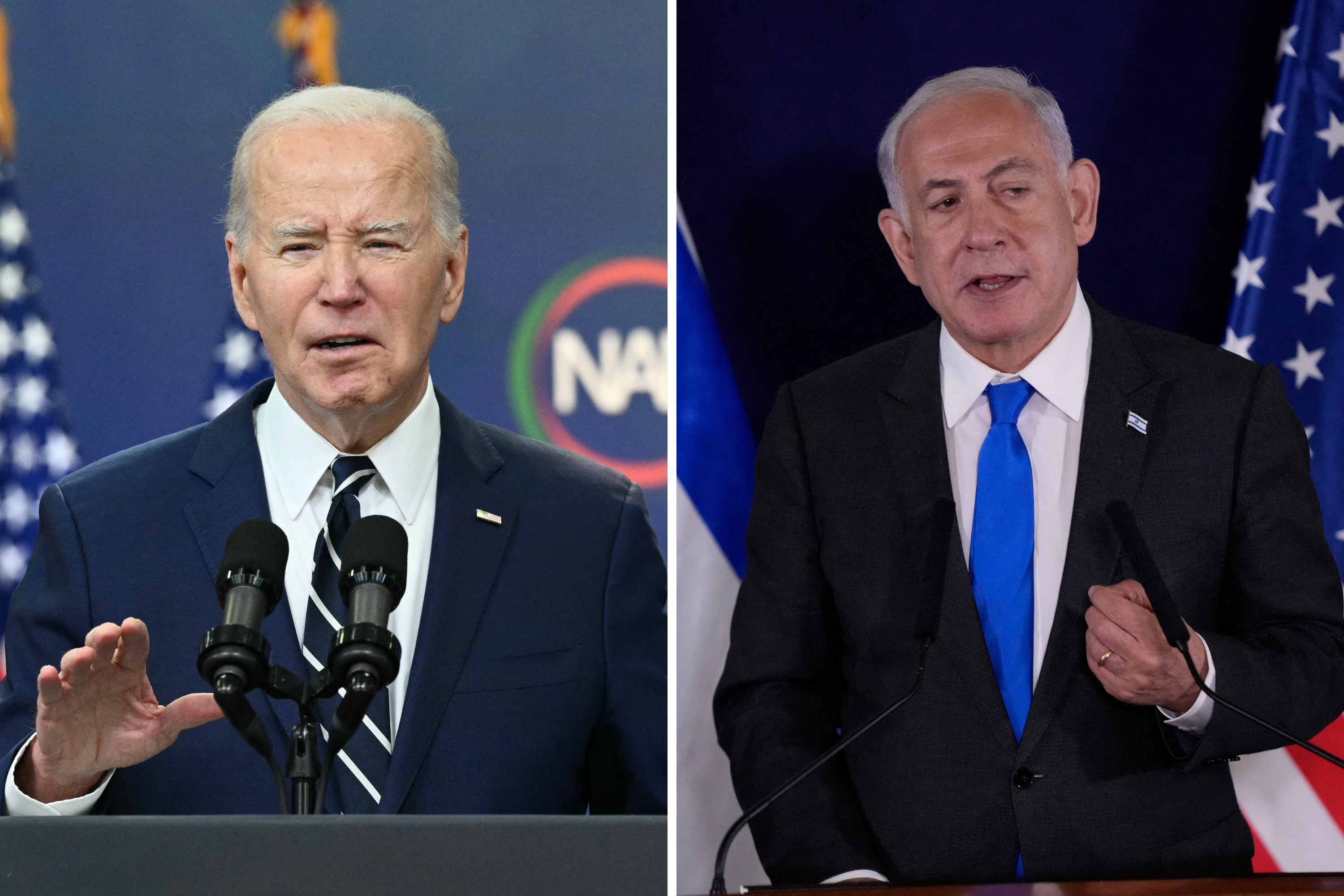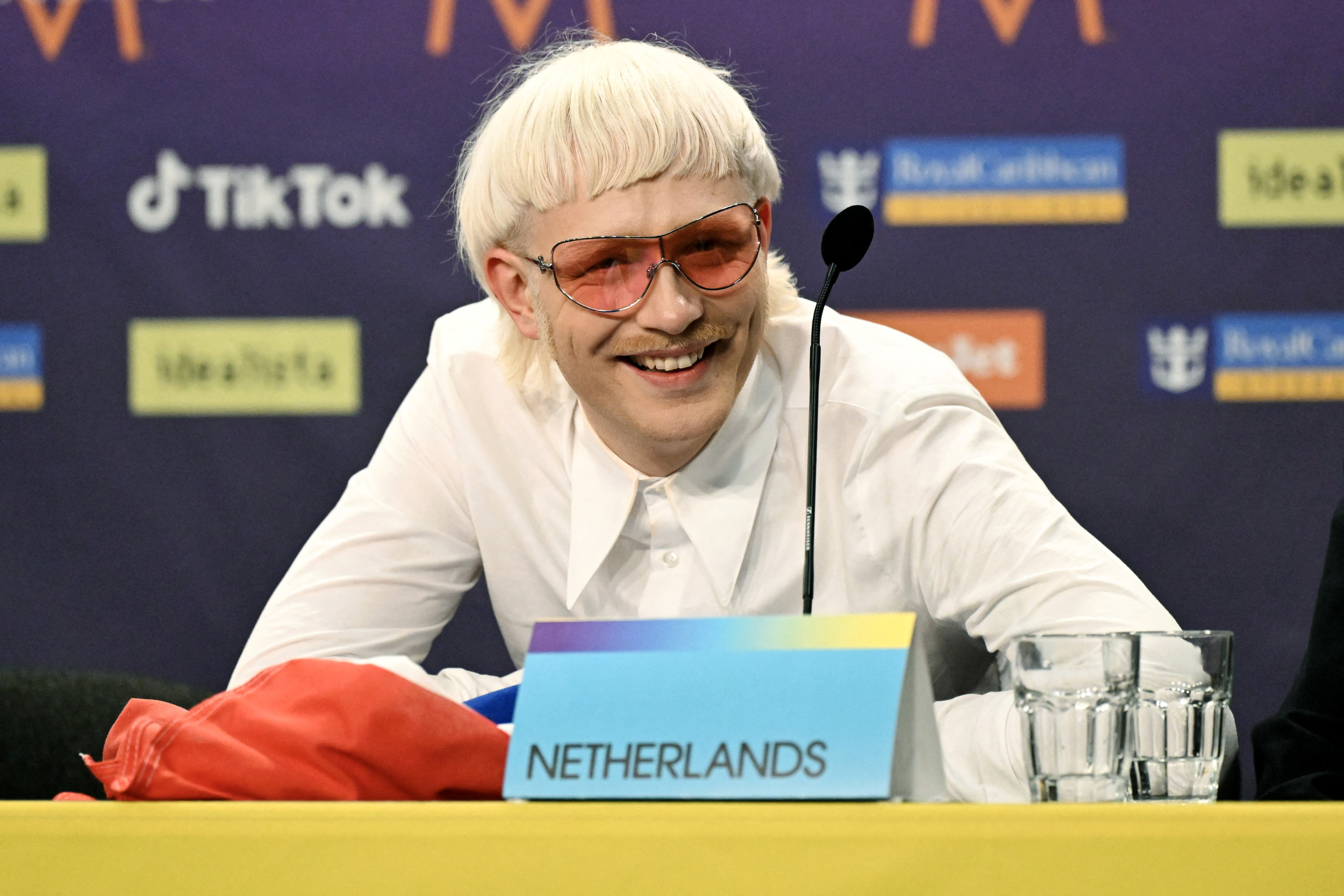
It's July in the United Kingdom. One of the country's biggest political parties is holding a leadership election. Policy ideas are flipped through and tossed aside; the competitors themselves make a juicier subject. Scanned by the media for eccentricities and weaknesses, a divide between them emerges. One of them is a mother; the other is not. Paydirt! The headlines, opinion pieces, analyses roll.
I'm not talking about the Conservative leadership contest that ended yesterday. I'm talking about the Labour leadership contest that took place almost exactly a year ago. How things change. Not.
The political gaming that went on then and now is one of the biggest barriers to women in politics. It is one of the biggest barriers to effective, representative government. And it goes unchallenged, year after year, while the gap between voters and parliamentarians grows.
Last time around it was working mum Yvette Cooper versus tragic, childless Liz Kendall. This time around it was wholesome, kids-and-Sunday-lunch candidate Andrea Leadsom versus aloof (tragedy implied), childless Theresa May. This summer, as last, we were all treated to days of crass and divisive stuff—from the candidates and their supporters and the media together. And this summer, as last, we at no point got the real story about the inequality of women that lies behind this classification of mothers and non-mothers.
Here's the real story. There are divides between women but they are the intersections where our status of second-class citizen meets the double discrimination of being BME, disabled, poor or gay. When it comes to the argument about children we are in fact united in facing prejudice. If we are childless then we are devalued by a patriarchy that values women primarily as breeders. (Yes, even if we make it to the PM spot.) If we have children then we are discriminated against by the same patriarchy that places no value on caring. But we don't hold the patriarchy to account. Instead we internalize its poison and turn on each other. And the cameras roll, and the internet swells with it.
And then the victims fall. And the biggest victims of all are the rest of us.
Whatever your thoughts this week about Andrea Leadsom, this is about more than one woman's mistake. It is about more than one woman who wasn't tough enough for politics. It is the demonstration of a system that routinely ridicules women and puts off future generations of women leaders. It prevents women from coming forward to put their experiences of inequality and discrimination into future legislation that can halt it. And it prevents voters from seeing women as able to hold power.
As a result we never get the action we need on investing in shared parenting, on closing the pay gap, on ending violence against women, or on understanding the different and disproportionate impact that economic decisions made by government have on women—still the majority of this country's poorest people.
As I write this, John Humphrys is mocking Angela Eagle on Radio 4 for being too emotional to be a leader.
This shouldn't be just another day in politics. Today Theresa May takes over as prime minister. This is a huge opportunity for change. This is a huge opportunity to do politics differently. I would like to see May bring many more women up the ladder into Westminster. I would like to see her change the tone of the discussion. I would like to see—at long, long last—a gendered understanding of the political priorities of this country.
It's time to reject the tawdry misogyny that passes for democratic debate. If you don't see it happening fast enough, if you are sickened by the clamor of the arena—come and find our political party. We may sit at the back, among the tiered seats furthest from the action. But the view is very clear from here. And so is the way forward. Join us.
Sophie Walker is leader of the Women's Equality Party. She is on Twitter @SophieRunning.
Uncommon Knowledge
Newsweek is committed to challenging conventional wisdom and finding connections in the search for common ground.
Newsweek is committed to challenging conventional wisdom and finding connections in the search for common ground.
About the writer
To read how Newsweek uses AI as a newsroom tool, Click here.






